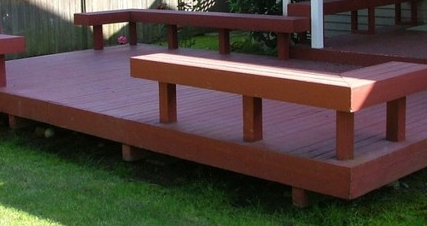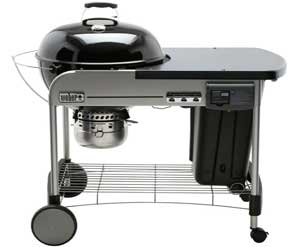 They are a significant component during deck construction for those who don't know what footings are because they provide the base that will support your deck. Large decks attached to the house should always have footings so they act to distribute the heavy load of the deck over a large surface of the soil from the surface of a support post so that the ground can support it adequately.
They are a significant component during deck construction for those who don't know what footings are because they provide the base that will support your deck. Large decks attached to the house should always have footings so they act to distribute the heavy load of the deck over a large surface of the soil from the surface of a support post so that the ground can support it adequately. They don't need any kind of footing when it comes to floating decks, which are decks that are designed very low to the ground. You can either use tiny blocks and planks of concrete, or you can use a post set into a pre-formed hole.
The drainage of water under the deck, as well as holding the timber away from the ground, stabilizing the construction and keeping the air flowing under the deck are other explanations for constructing your deck over a concrete base. In general, whether it is higher than your waist or greater than 100 square feet, a deck base is typically used. After a few years, the footings guarantee that the deck will not slip, tip or rot away.
Putting a wooden deck surface over a concrete slab would make it possible for the deck to remain secure without footings being used. You'll want to insert sleepers, which are bits of pressure-treated timber, into the concrete when doing this so that the deck has something to stick to. This approach can also be combined with the gravel one where the wood sleepers are laid on the gravel (a layer of sand must be below it), which will provide additional drainage. Your deck can be completed quickly by nailing them to the deck.
Although ground anchored spikes are widely used for fence posts, some of them are an ideal choice for your deck foundation using modified load plates. These spikes are very cheap, like the deck blocks, and they prove more lateral strength than the block footing of the deck. It takes either a sledgehammer or a jackhammer to mount the spikes, so it's safer to let a professional do it so that you don't risk bending or damaging them. Having to call anyone in can seem like a hassle, but the strength of your deck foundation is significant, and this is a great choice to consider.
An extremely simple alternative that is suitable for these types of decks is ground screw and anchor footings. The installation is incredibly simple, and kickbacks will never be encountered. They can quickly be reversed and moved somewhere else if you strike a rock or something solid along the way. Whatever you decide to pick for your deck, just note that you can choose from many alternatives out there.






